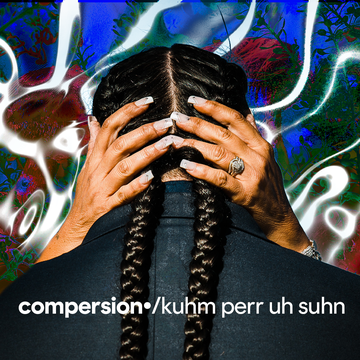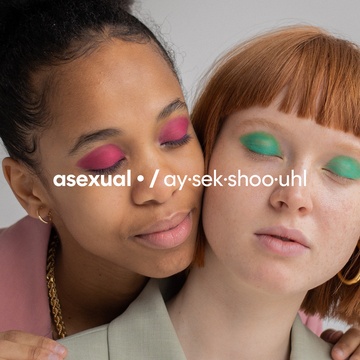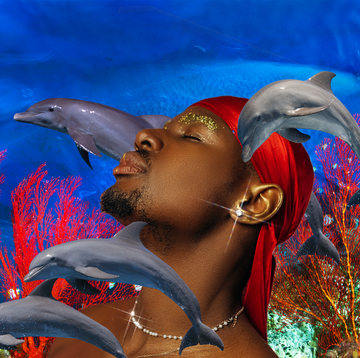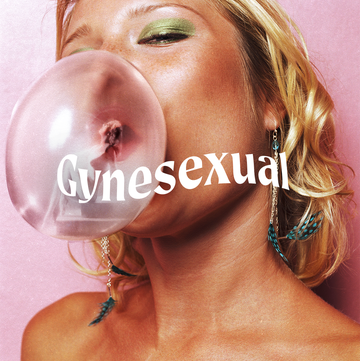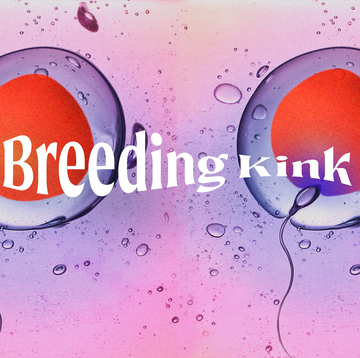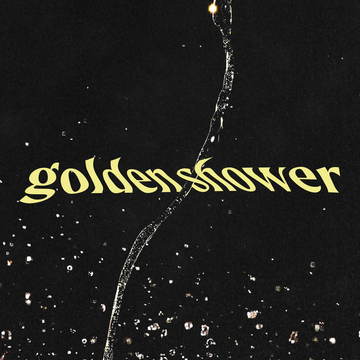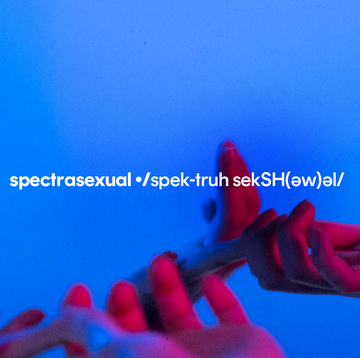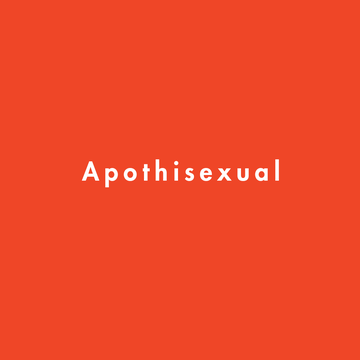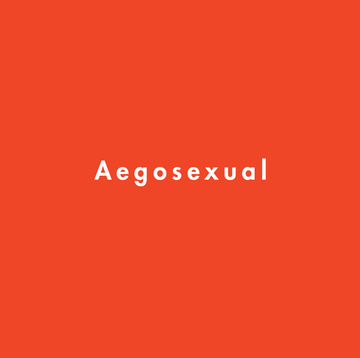Some folks can look around a room and spot a handful of people they’re attracted to and might be down to hook up with. But others might struggle to even find interest in one (yes, even if said room is packed with the most objectively attractive and interesting people on Earth), and if they’re demisexual, that number can quickly shrink to zero. Demisexuality is a sexual orientation used to describe someone who doesn’t feel attraction to someone unless they personally know them and have formed an emotional connection with them. And although this term falls under the asexuality umbrella, it is quite different from not being sexually attracted to anyone, ever. Demisexual folks are perfectly capable of feeling attraction, it just takes a little more time to build.
Although demisexuality is one of the less-talked-about sexual orientations, the term for it has been around for over a decade. According to Wired, it first surfaced on an Asexuality Visibility and Education Network (AVEN) forum in 2006. And even though demisexuality is commonly confused with other sexual orientations, like greysexuality or just having a low sexual libido, it’s actually an entirely different orientation that stands on its own. We dove deep into what demisexuality is, why it’s so easily confused with other sexualities, and what factors to keep in mind if you think you might relate. Presenting: your everything-to-know guide on demisexuality, right this way…
What Is Demisexuality?
“Demisexuality is a type of sexual orientation on the asexuality spectrum,” explains sexuality educator Elise Shuster (they/them), founder of OkaySo, a free app that connects people to experts for answers to their most personal questions. “Someone is demisexual if they need to have a strong emotional connection to a person before they feel attraction.”
And although being demisexual does fall on the asexuality spectrum, dating and relationships expert Jen Kaarlo (she/her), says there’s a key distinction between the two: “Demis don’t choose to abstain from sexual interactions, but only find desire when close emotional bonds form with another person,” says Kaarlo. Those who are asexual do not experience sexual desire at all, while demisexual individuals only experience it with those they personally know and form an emotional relationship with.
Is Being Demisexual the Same as Having a Low Libido?
Nope! This is one of the most common misconceptions about demisexual people. “Demisexuality is about attraction, not sexual desire,” explains Schuster. “People who are demisexual may experience a lot of desire to have sex, but that desire only appears after a strong emotional connection to a person.”
If someone who’s demisexual has created a personal bond/relationship with someone, there’s no limit to the sexual desires they may experience, and they can have dynamic, passionate and stimulating sex lives just like anyone else, says Kaarlo.
Can You Be Demisexual and Another Orientation?
In short, yes! There is a ton of overlap between demisexuality and other sexual orientations. For example, you can be demisexual and bisexual, gay, straight, pansexual, or anything in-between, says Kaarlo. “The beauty of being demisexual is that one builds attraction and desire by getting to know someone and building an authentic emotional bond over time,” she says.
What Are Some Signs You Might Be Demisexual?
If you’ve ever felt out-of-place because you don’t experience attraction in the same way your friends or peers do, your feelings are valid, but try to remember: Demisexuality is not something that needs to be “corrected” or changed in any way; it’s simply a describing term for someone’s sexuality.
“People who are demisexual can experience feeling different or weird because of their identity. This is not their fault,” explains Schuster. “We live in a society with a very strong story we tell about how attraction works, and often when someone doesn't fit into that story, people will make comments or treat them like something is wrong. But there is absolutely nothing wrong with being demisexual, it's just one part of the many, many, ways that we as humans experience attraction, love, sexuality, gender, and more.”
How you identify your gender and sexuality is totally up to you, and you don’t even need to label it if you don’t want to. But, if you’re curious if you belong on the demisexual spectrum, Schuster says not feeling the same levels of attraction to people you don't know (celebrities, strangers, etc) as other people is a key sign, as well as noticing that after you get to know someone more deeply, that's when you begin feeling attraction to them.
Where Can You Find a Demisexual Community?
TikTok is a great place to find others who share in the demisexual experience, and learn more about it through other demisexual creators. TikTok user @karliholdren1 (she/her) shares her experience as a queer demisexual on her page, including common misconceptions she experiences on the reg. The r/demisexuality Reddit page is also a great resource for crowdsourced answers to questions you might have, or just to read up and find relatable content you can connect with. You can also check out the Demisexuality Resource Center for more info and answers to frequently asked questions for both demisexual people and their partners, friends and family.
The Trevor Project and TrevorSpace offer resources and community support, and there’s no shortage of Facebook groups that offer demisexual info and community, like The Demisexual Safe Space, The Demisexual Group, and more.
There’s even a demisexuality flag that you can display proudly in honor of your own sexuality or in support of others. The demisexual flag looks a lot like the asexual flag, which is black, gray, and white with purple horizontal stripes. However, the demisexual flag has a black triangle on the left side of it instead of a black stripe.
How Can You Support Someone in Your Life Who Is Demisexual?
If you’re interested in being a better demisexual ally, one of the best things you can do is pay attention and listen when your demisexual friends decide to share their experiences. Remember: If someone is not ready to discuss their sexual orientation, you should never pry, but rather, let them open up to you on their own time.
As with any sexual orientation or gender identity, it’s important to put time into doing your own research, rather than relying on your identifying friend to be your primary educator. One of the best ways to show support for someone who is demisexual is to be able to meet them with an existing understanding of what their sexuality means, based on your own research and findings. The resources above are great for anyone interested in learning more about demisexuality, especially the Demisexual Resource Center’s “For Friends and Family” section.
Brittany Leitner (she/her) is a freelance journalist and poet originally from San Antonio, Texas, and now is based in Brooklyn. She was formerly the managing editor of The Dr. Oz Show and senior editor of Elite Daily. Her work covers health, beauty, skincare, and relationship trends and she’s the recipient of a 2019 Digital Health award for her work in health journalism. Follow her on Instagram.



